The ACIAR SDIP program aims to maximise agriculture’s contribution to sustainable food systems in the Eastern Gangetic Plains of Bangladesh, India and Nepal, for improved food, energy and water security. Funded by the Australian Government’s Department of Foreign Affairs and Trade, this work is part of a wider regional portfolio in South Asia that focuses on integrated management of food, energy and water.
The program transitioned from understanding and promoting sustainable farming technologies based on conservation agriculture in SDIP Phase 1 (see summary here), to the wider context of the food system and a deeper understanding of the various factors which influence and enable its sustainability in Phase 2.
The ACIAR SDIP Phase 2 Implementation Framework (below) developed in 2018 focused on sustainable food systems as a way of integrating different sectors at a range of scales, and ensuring gender-inclusive planning processes and outcomes. The aim was to promote resilient and inclusive food systems supported by robust institutional arrangements, policies and strategic regional planning.
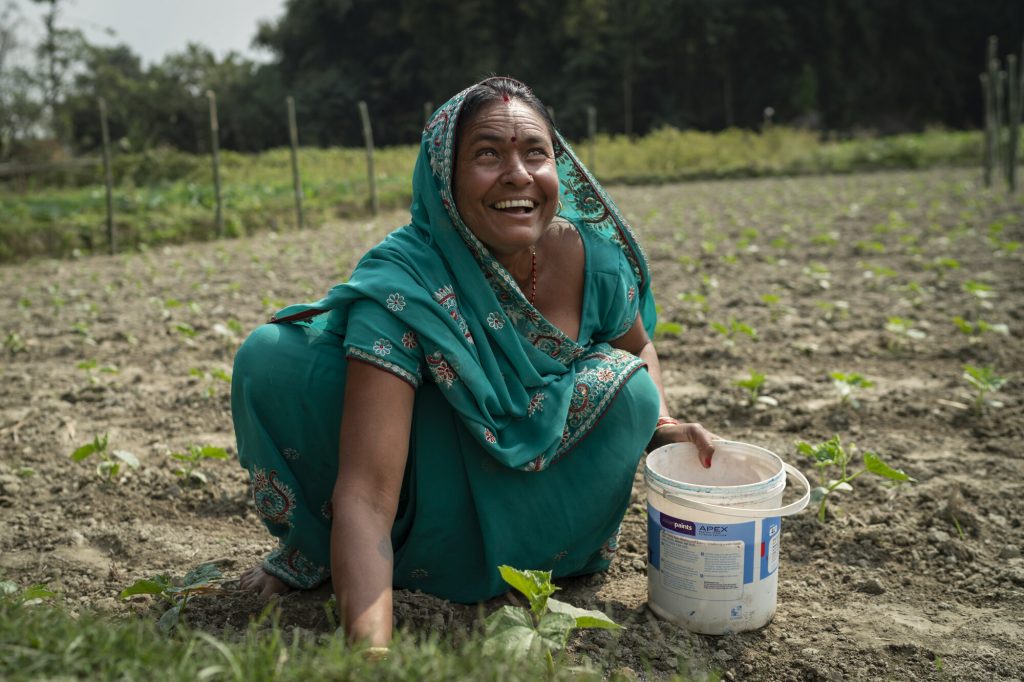
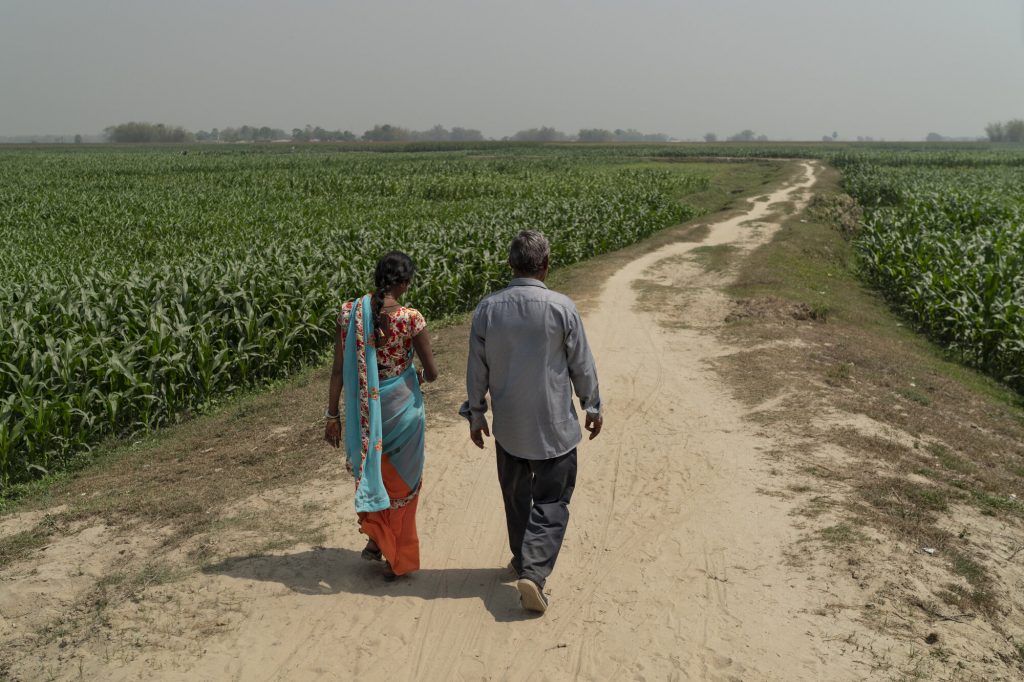
The program level objectives for Phase 2 include:
1. Improve collaboration between key partners (regional, national, state) to strengthen understanding of longer-term food systems changes and the implications for food, water and energy security; particularly in the context of gender and climate change.
2. Increase capacity within district, state and national agencies in the EGP to promote effective institutions for sustainable food systems.
3. Optimise the learning from scaling field level activities and local engagement to promote two-way flow of information for improved field–policy links.
4. Critical knowledge gaps identified, filled and used to support sustainable food systems, and to allow better decision making at a range of scales.
ACIAR SDIP Phase 2 has been implemented through five interlinked components (shown below). Component 1 serves as the overarching framework to ensure integration and synthesis across the program. Foresight work (Component 2) both informs and is informed by Policy (Component 3) and Field scale (Component 4) research. Underlying these components is a series of analytical studies (Component 5), which has been commissioned in an adaptive way throughout the course of the program, based on knowledge gaps and opportunities as issues have emerged.
This structure was designed to integrate local, meso and regional level visions and engagement to create the enabling conditions for the development and scaling of sustainable and resilient food systems that contribute to food, water and energy security. Together, they ensure that there is a consistent theme within the program, and that information flow is enhanced between different levels (farm, community, state, national, regional, policy). Importantly, this approach has allowed the broader system to connect with how farmers are impacted by change at different levels.

The ACIAR SDIP program has an extensive network of partners who have delivered individual research projects within the program.
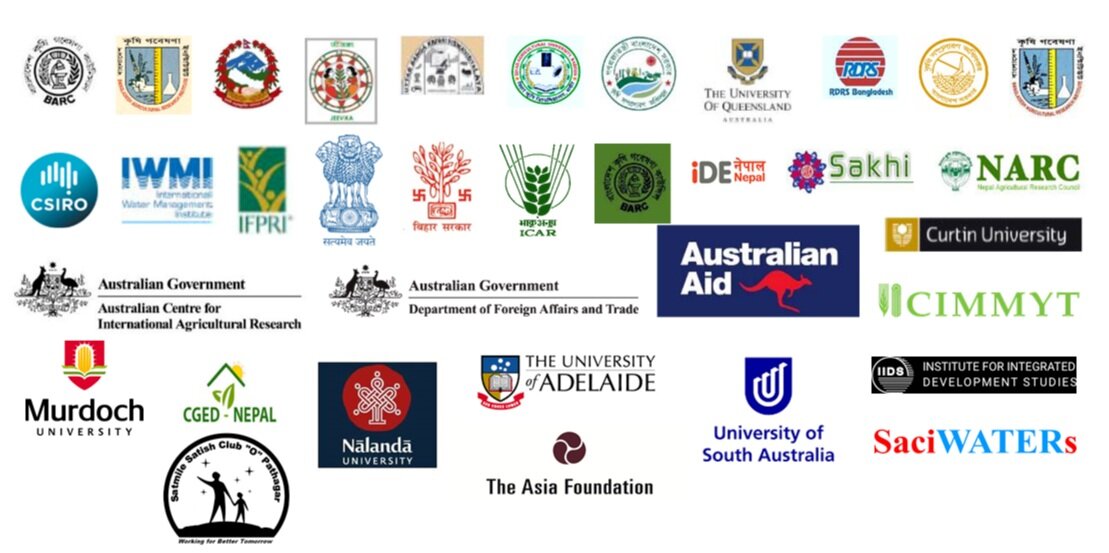
This webpage is designed to capture individual project outputs and provide the background for the program level review. Reviewers are directed to relevant documents and project outputs throughout. The list of documents below gives the context for program design and evaluations conducted previously at project and portfolio levels.
Phase 1 documents
Phase 2 documents
Steering Committee
Program Review Presentations
Institutions – Lin Crase
Food systems foresight aims to help to provide a long-range perspective on key drivers and trends in regional and local food systems and the implications for sustainable development. Changes in the agricultural production system, such as those demonstrated by the SRFSI project in earlier stages of ACIAR SDIP, need to be understood within a wider context of long-term changes in food systems, in particular economic transformation, a changing climate, altered consumption patterns, trade and issues of nutrition.
Foresight is a process for bringing greater social and political awareness of priority issues and for driving change through engaging key stakeholders and exploring alternative future scenarios and transformation pathways.
Bringing together key stakeholders and their different views to develop a richer understanding of the bigger picture of challenges in the region. Integration and synthesis of existing information, coupled with scenario analysis can enhance the knowledge-policy interface. Partners from different sectors have worked together in a series of foresight exercises, to develop an analytical and policy-relevant understanding of the food systems in the EGP at regional and local levels, and focused on actionable change.
The work in this component has explored how the sector is unfolding, what the key pressures are, and what it may look like in the future under business as usual and other scenarios. This can help to identify preferred transformation pathways for the future of small-scale farming.

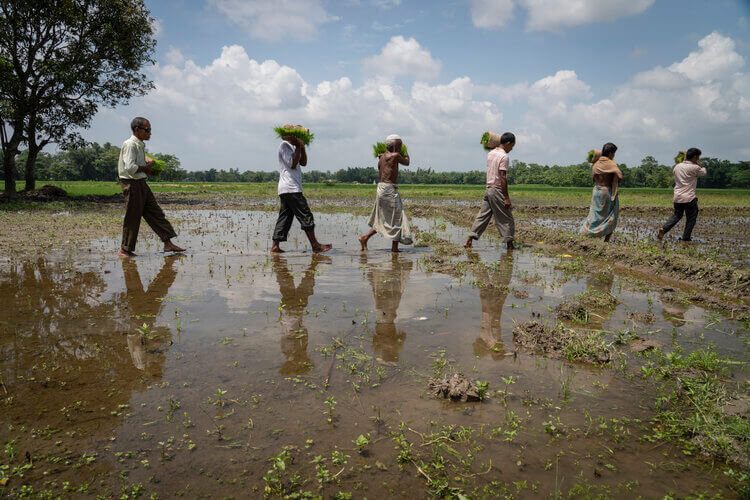
The work in this component has both conceptual and practical elements, where the ultimate aim is to use the conceptual outputs to strengthen and inform on-ground work. Two projects have contributed to a better understanding of institutional effectiveness.
1. Institutions to support intensification, integrated decision making and inclusiveness in agriculture in the East Gangetic Plain
Previous work in the EGP suggested that there were major opportunities to enhance adoption of alternative farming practices in the EGP through improved institutional settings. But questions remained about what the ‘best’ policy/delivery combinations are, and whether experts could be engaged to critically review the extant approaches and look for better solutions? In addition, could the ‘best’ solutions from experts align with those most acceptable to farmers and thus generate win-win outcomes? The purpose of this project was to tackle these questions head-on, and to do so in a way that encouraged the policy communities to be directly engaged. Work has been undertaken to identify effective institutions that enhance integration, inclusiveness and innovation for better management of water resources, information transfer and risk for farmers; and for sustainable agricultural mechanisation at government levels. The effectiveness of these institutions was understood at different levels (farmers, researchers and policy makers) and from the perspectives of women and tenant farmers, who are important but often disadvantaged players in agricultural production systems.
A comprehensive summary of the work on institutions is here on the project review web page (password: SDIP)
2. Sustainable Agricultural Mechanisation in the EGP: Facilitating change through institutional innovation (“Roadmaps”)
The Roadmaps project has been focused mainly on Province 1 and Province 2 of Nepal. It has helped create a platform for the provincial government, partners and stakeholders to discuss, maintaining better coordination between them and thus facilitated to create an enabling environment for sustainable agricultural mechanization.
To bridge the gap between farmers, suppliers, and manufacturers working in agricultural machinery, tools, and equipment within the nation and internationally, the National Agricultural Mechanization exhibition was held in November 2019. The event which was supported by Government bodies had 140 exhibitors comprising NGOs and INGOs, national and international importers, distributors, Chinese and Indian manufacturers, and research and educational institutes, promoting more than 2,000 modern farm equipment machinery, processing technologies, mechanized irrigation, conservation agriculture-based technologies, poultry livestock and dairy technologies.
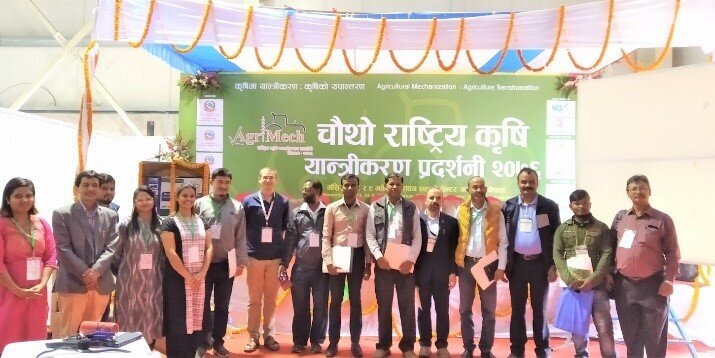
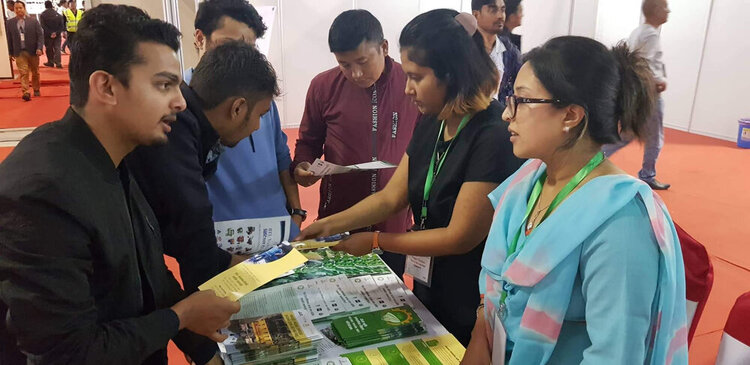
This component aimed to optimise the learning from scaling field scale activities under the SRFSI project and subsequently others; and act as a link to local engagement and impact for two-way flow of information. The other important element was in identifying emerging biophysical constraints to conservation agriculture practices in the medium term, to develop a better understanding of soil, weed and water saving dynamics. The following projects have contributed to the objectives of the component:
1. Sustainable and Resilient Farming Systems Intensification Variations 4 – 6
SRFSI – Sustainable and Resilient Farming Systems Intensification in the Eastern Gangetic Plains
SDIP Webinar | Progressing Sustainable Intensification in the Eastern Gangetic Plains
2. Identifying Eastern Gangetic Plains Soil Constraints
3. Understanding the gendered implications of changing weed dynamics in farming systems intensification in the Eastern Gangetic Plains
Webinar: Gender dynamics of weed management under conservation agriculture in the EGP
Limitations to Effective Weed Management under Zero Tillage Systems in the Eastern Gangetic Plains
The Implications of Sustainable Intensification on Weed Dynamics in the Eastern Gangetic Plains
Herbicides and Zero Tillage in South Asia: Are we creating a gendered problem?
4. Quantifying crop yield gaps across the IGP from new perspectives – production, farmer profit and sustainability of water use
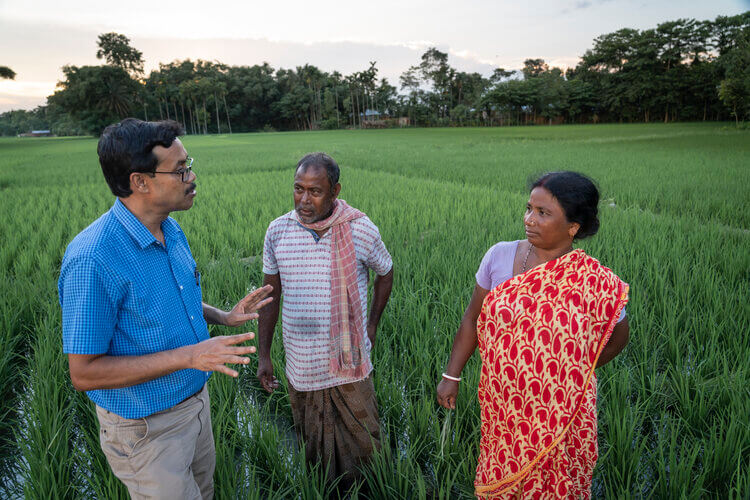
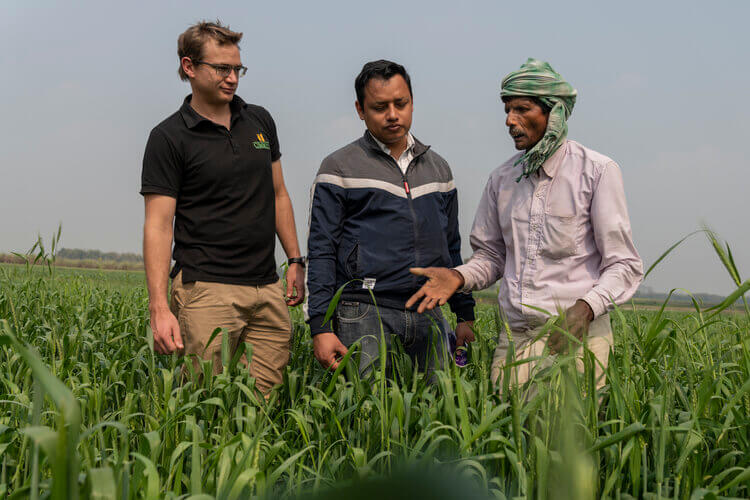
This component was structured to fill critical knowledge gaps on priority topics that required further investigation to support overall project objectives. These small research activities have contributed a more nuanced understanding of the key themes.
The context for food systems in the EGP
1. Understanding women’s role in agriculture in the EGP: The macro and micro connections
2. Political economy analysis of cross border agricultural trade in Bangladesh, India and Nepal
3. Private sector investment landscape


Sustainable groundwater development
This work presents applied research that can support the development of groundwater resources for agriculture in a sustainable and equitable way, so that the current cost of irrigation is reduced while still working within sustainable extraction limits. The key research areas have focused on options for more efficient use of water more efficiently at local levels; what the impacts of these savings are; and how energy and groundwater policies interact to influence agricultural production.
1. Unravelling the WEF nexus in WB, India. Does increased access to groundwater irrigation through electricity reforms affect equity and sustainability outcomes?
2. Regional hydrological impact of farm-scale water saving measures
3. Aquifer characterisation, artificial recharge and reuse of suddenly available water in south Bihar
4. Agrarian change and the role of groundwater in Bangladesh and West Bengal
Agrarian change and the role of groundwater in Bangladesh and West Bengal
Report (forthcoming)
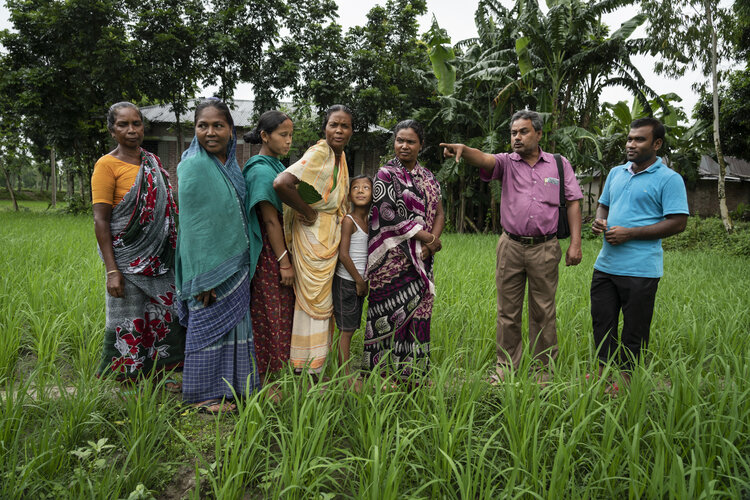
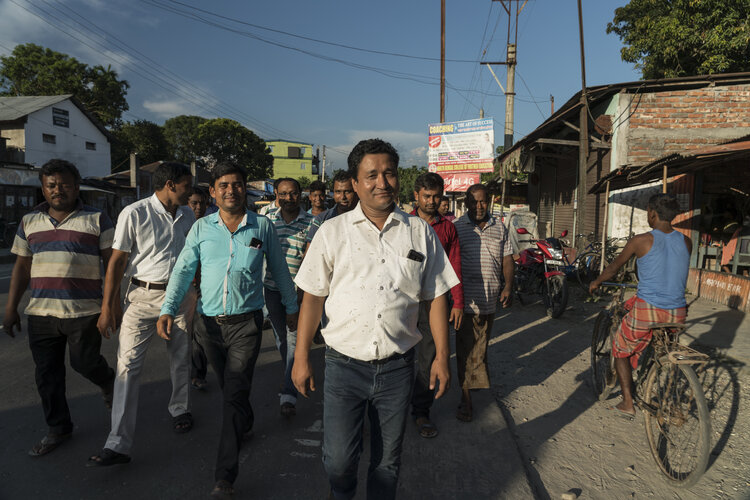
Approaches to scaling and knowledge sharing
In the context of the challenges facing the food system in the EGP, solutions are needed that can address these at the farm level. ACIAR SDIP has worked from the basis of conservation agriculture (CA) as an appropriate technology to address challenges in the farming system, as evidenced by the work from SDIP Phase 1. Phase 2 has explored at the context for scaling CASI in the wider food system. Key lessons demonstrated from the work in this component include the need to promote and work with multi-stakeholder arrangements for outscaling; that effective field-policy links can result in convergence with government programs; and that groups continue to provide opportunities that are not possible for most individual smallholders to capitalise on.
1. Value chain and policy interventions to accelerate adoption of zero tillage in rice-wheat farming systems across the Indo-Gangetic Plains
2. Pilot project on commercialisation of the Virtual Multi-Crop Planter in Bangladesh
3. Assessing Syngenta Farmer Hubs in Bangladesh
Presentation – progress summary June 2021 (password: SDIP)
4. Pilot study on evolving agri-extension systems in Nepal